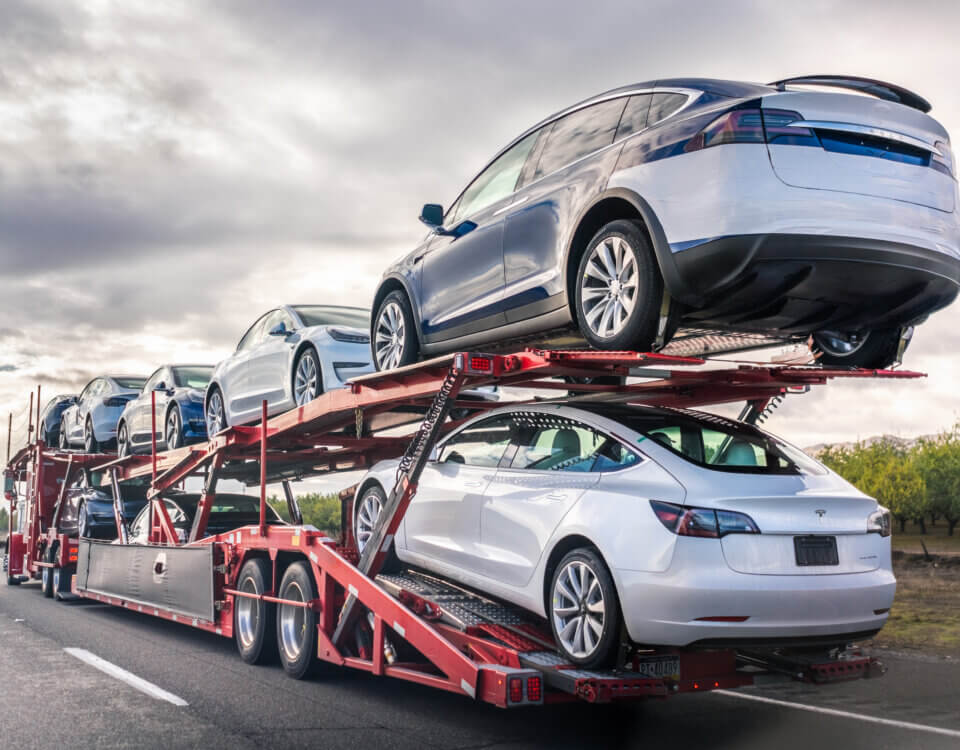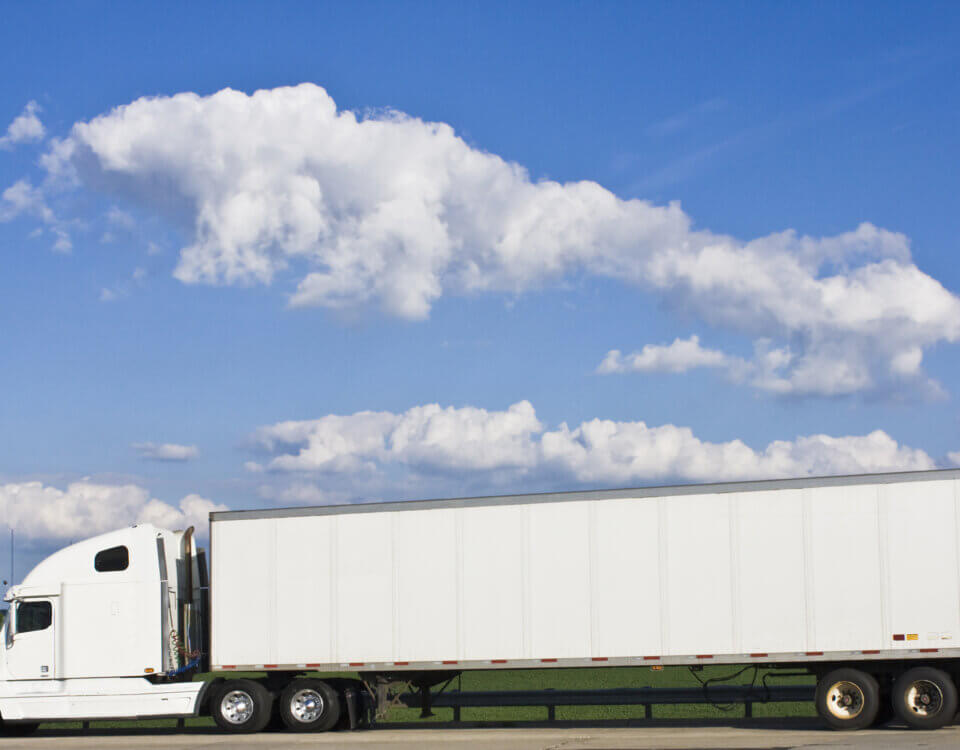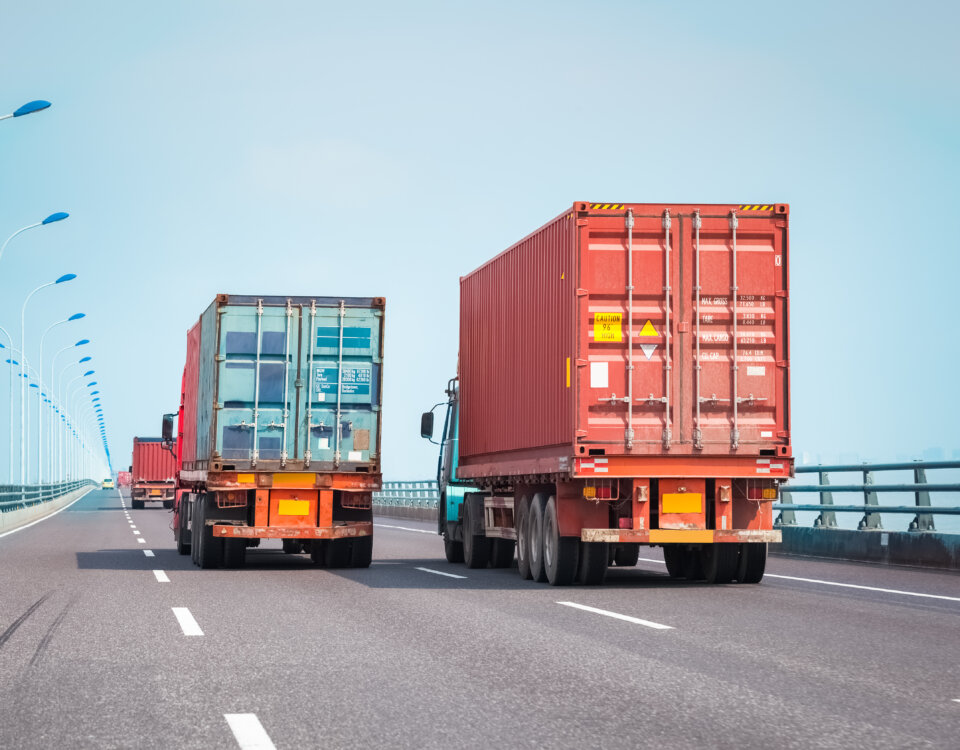In California, vicarious liability allows accident victims to hold employers responsible for their employees’ actions while on the job. For crashes involving delivery drivers, this legal concept can play a key role in securing fair compensation.
What Vicarious Liability Means
- Employer Responsibility: If a delivery driver causes an accident while performing work duties, their employer can be held legally accountable.
- Scope of Employment: The driver must have been acting within their job’s scope—such as making deliveries or returning from a route.
- Independent Contractors: Companies may argue a driver was a contractor, not an employee, but courts examine how much control the company had over their work.
Why It Matters in Delivery Accidents
- Larger Insurance Policies: Employers often carry commercial insurance with higher coverage limits.
- Shared Responsibility: Both the driver and employer may be liable for damages, increasing recovery options.
- Encourages Safer Practices: Holding companies accountable promotes better training and scheduling.
Scenarios Where Vicarious Liability Applies
- Amazon Delivery Van Collisions: If the driver was delivering packages, Amazon or a Delivery Service Partner may be liable.
- FedEx or UPS Accidents: Corporate responsibility applies when drivers are on-duty.
- Food Delivery Crashes: Even smaller businesses can be held liable if employees cause harm during deliveries.
Steps Victims Should Take
- Gather Driver and Employer Information: Note company names, vehicle numbers, and insurance details.
- Document the Scene: Photos, witness statements, and police reports strengthen your case.
- Consult an Attorney: A lawyer can confirm whether vicarious liability applies and pursue the right parties.
Protecting Your Rights After a Delivery Accident
Vicarious liability ensures that victims aren’t left struggling against underinsured drivers alone. By understanding how this legal principle works, Californians can pursue compensation from the parties most capable of covering their losses.
Note: These blog posts are created solely for the use of Hillstone Law. The information is gathered from internet research, publicly available sources, and artificial intelligence (AI) tools such as ChatGPT. While we aim to share helpful and educational content, Hillstone Law does not independently verify every detail. Some information may be incomplete, outdated, or subject to change without notice. If you believe any part of a post is inaccurate, misleading, or infringes upon copyright, please contact Hillstone Law immediately so we can review it and take appropriate action, including correction or removal.
Disclaimer: The material provided in these blogs is for general informational purposes only and should not be considered legal advice. Reading these posts does not create, and is not intended to create, an attorney-client relationship with Hillstone Law. Our intent is to share knowledge, raise awareness, and provide helpful resources to the public; however, Hillstone Law makes no warranties or guarantees about the accuracy, completeness, or reliability of the information provided, and expressly disclaims liability for any actions taken in reliance on it. The photos used in these posts are for illustrative purposes only and do not depict actual clients, individuals, or incidents unless expressly stated. If you or a loved one has been injured in an accident, please contact Hillstone Law at (855) 691-1691. Our attorneys are available to answer your legal questions and help you understand your rights.








